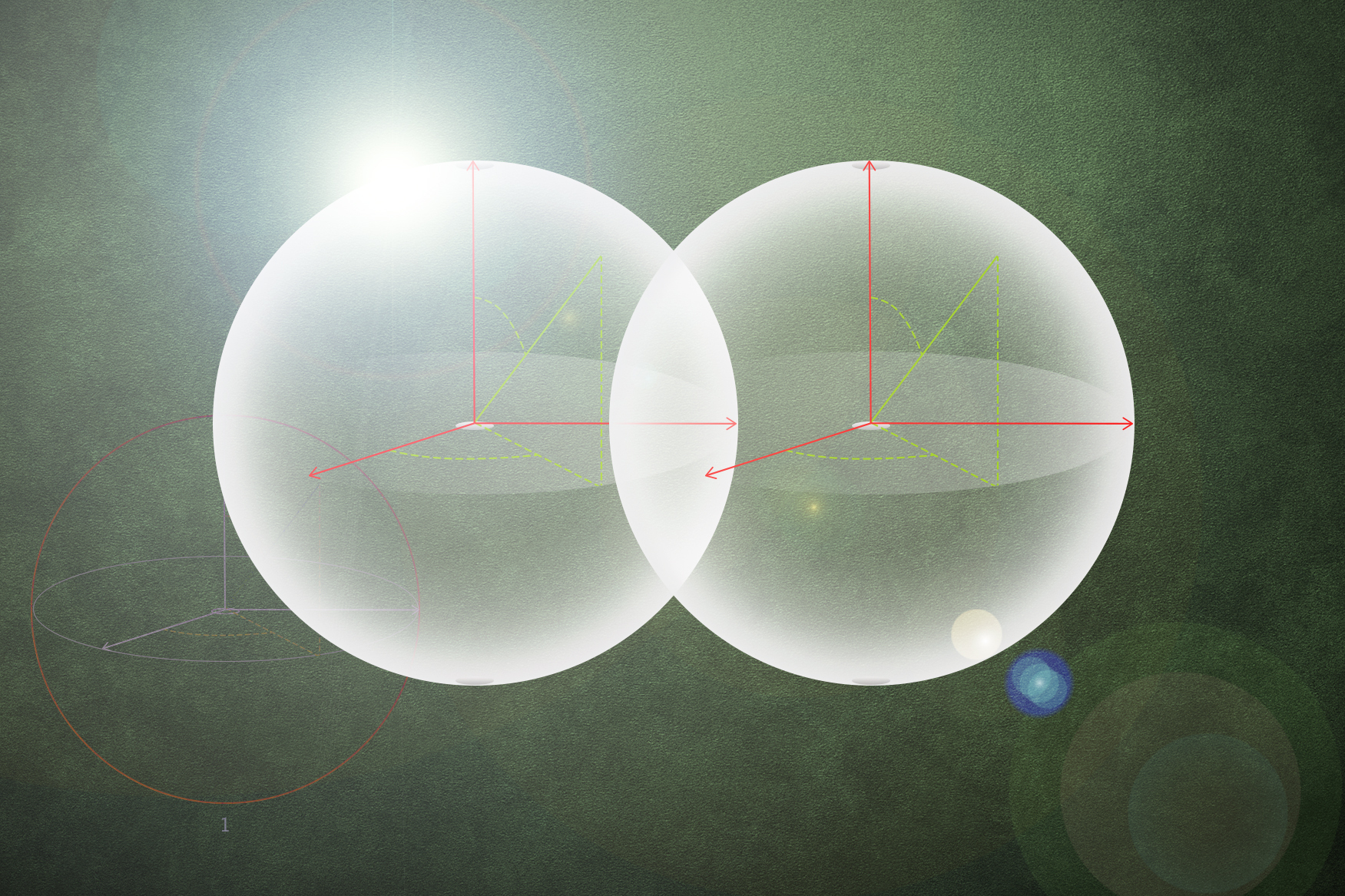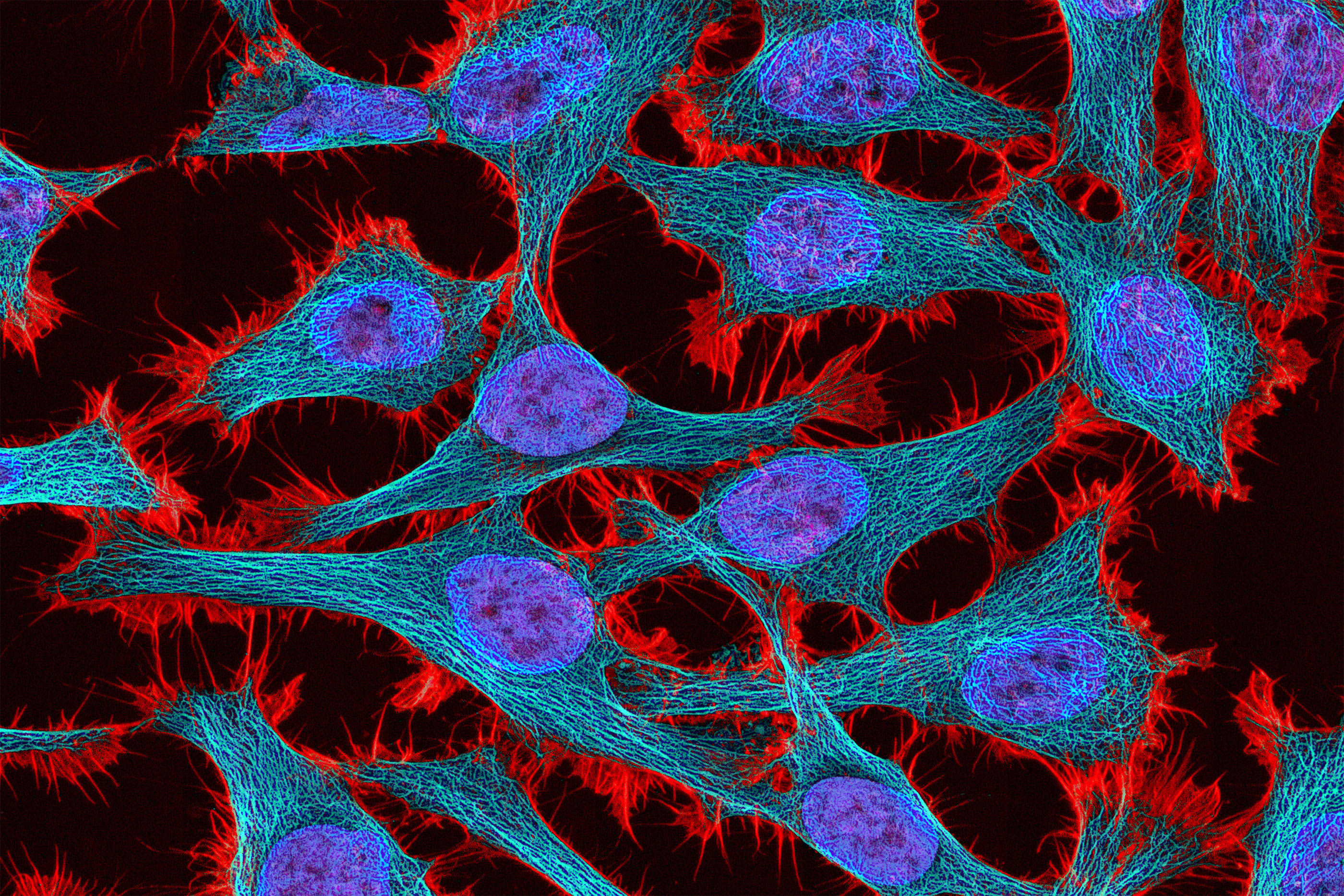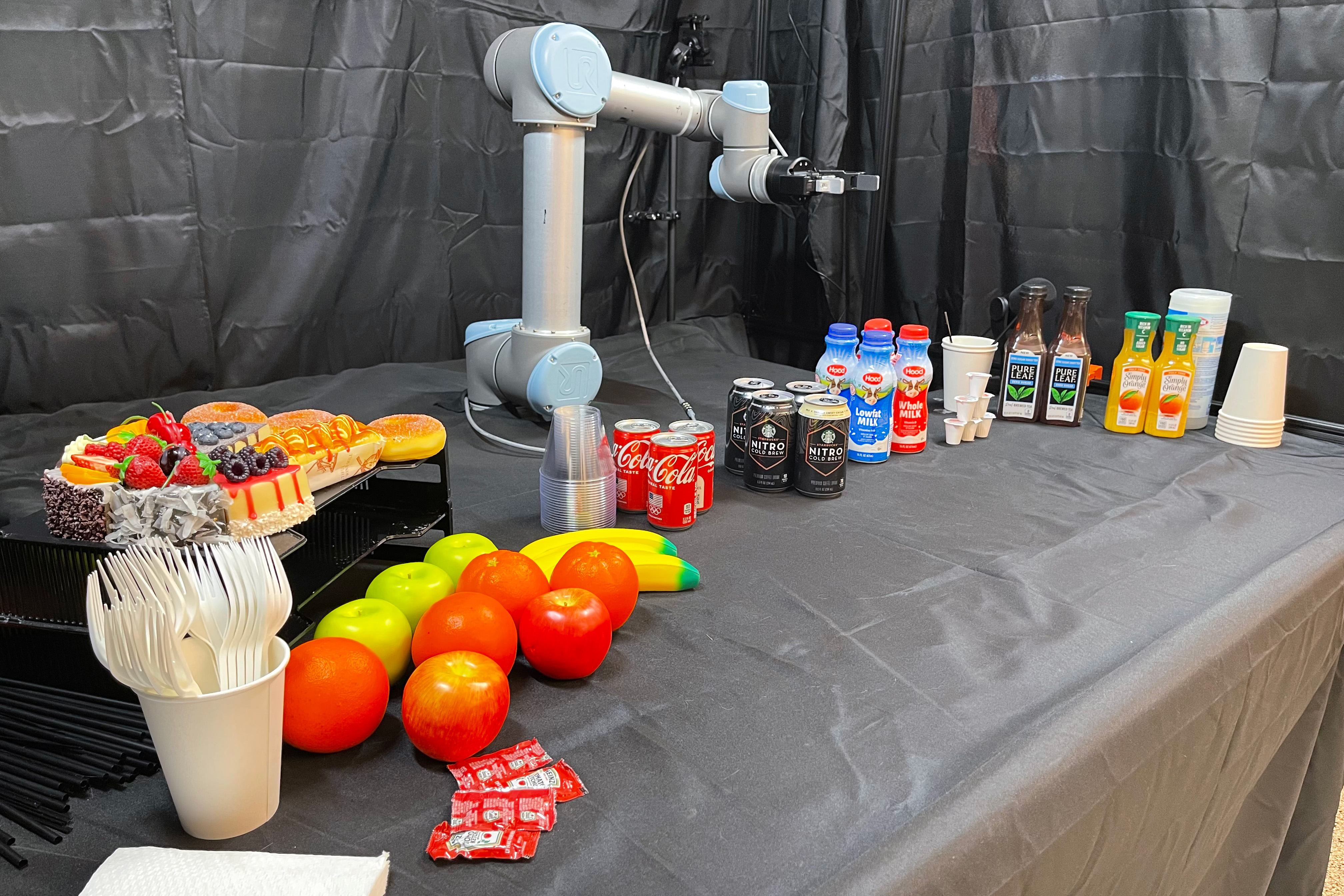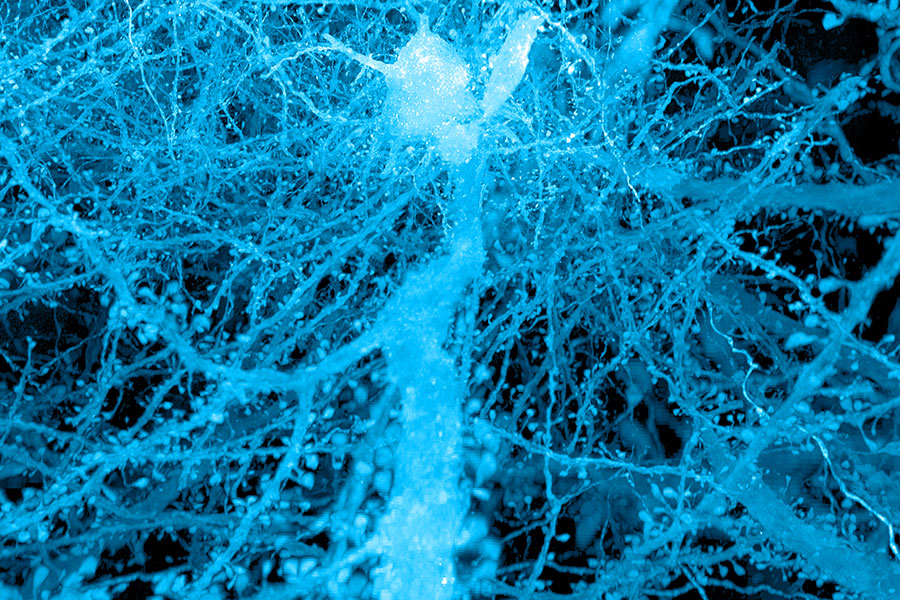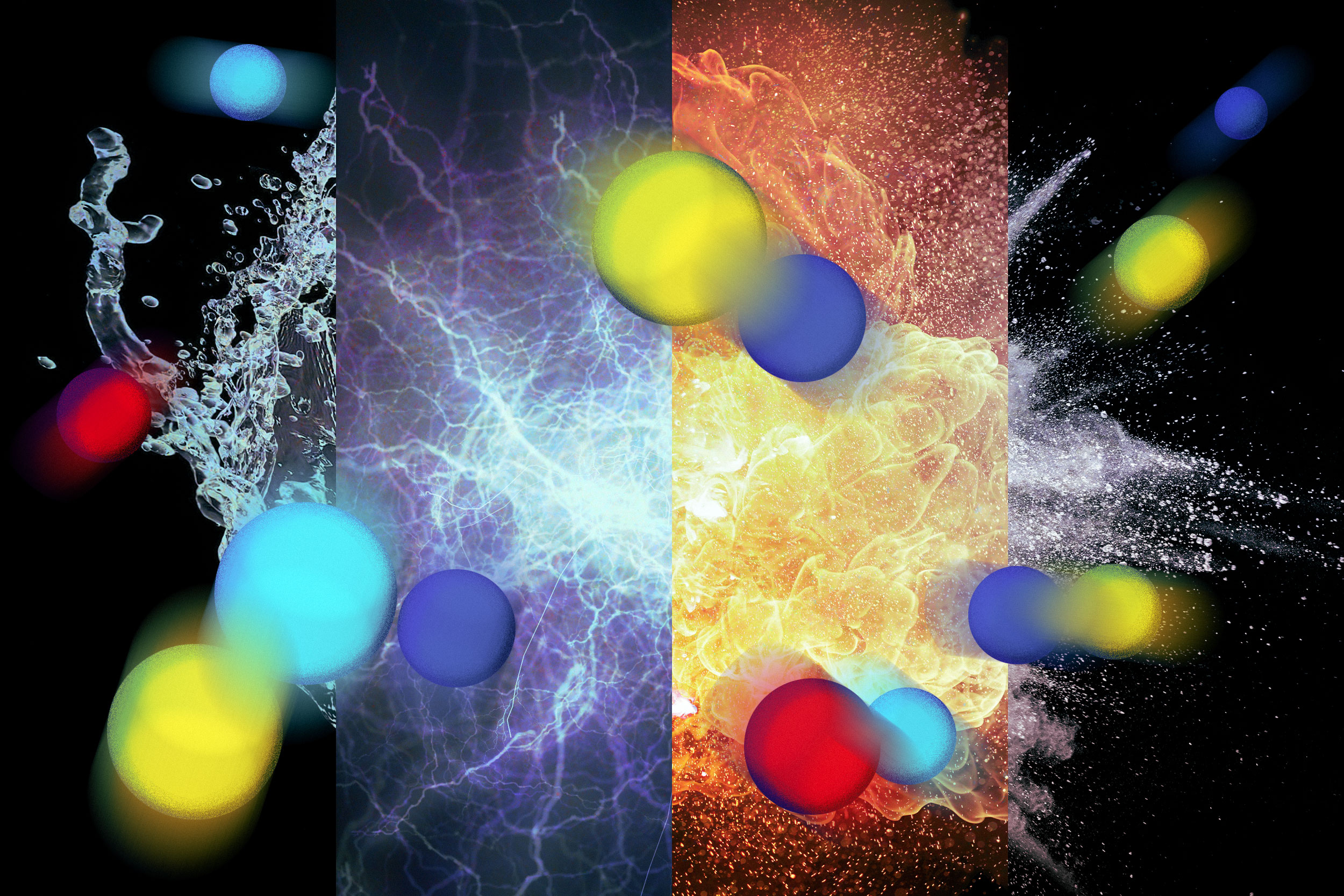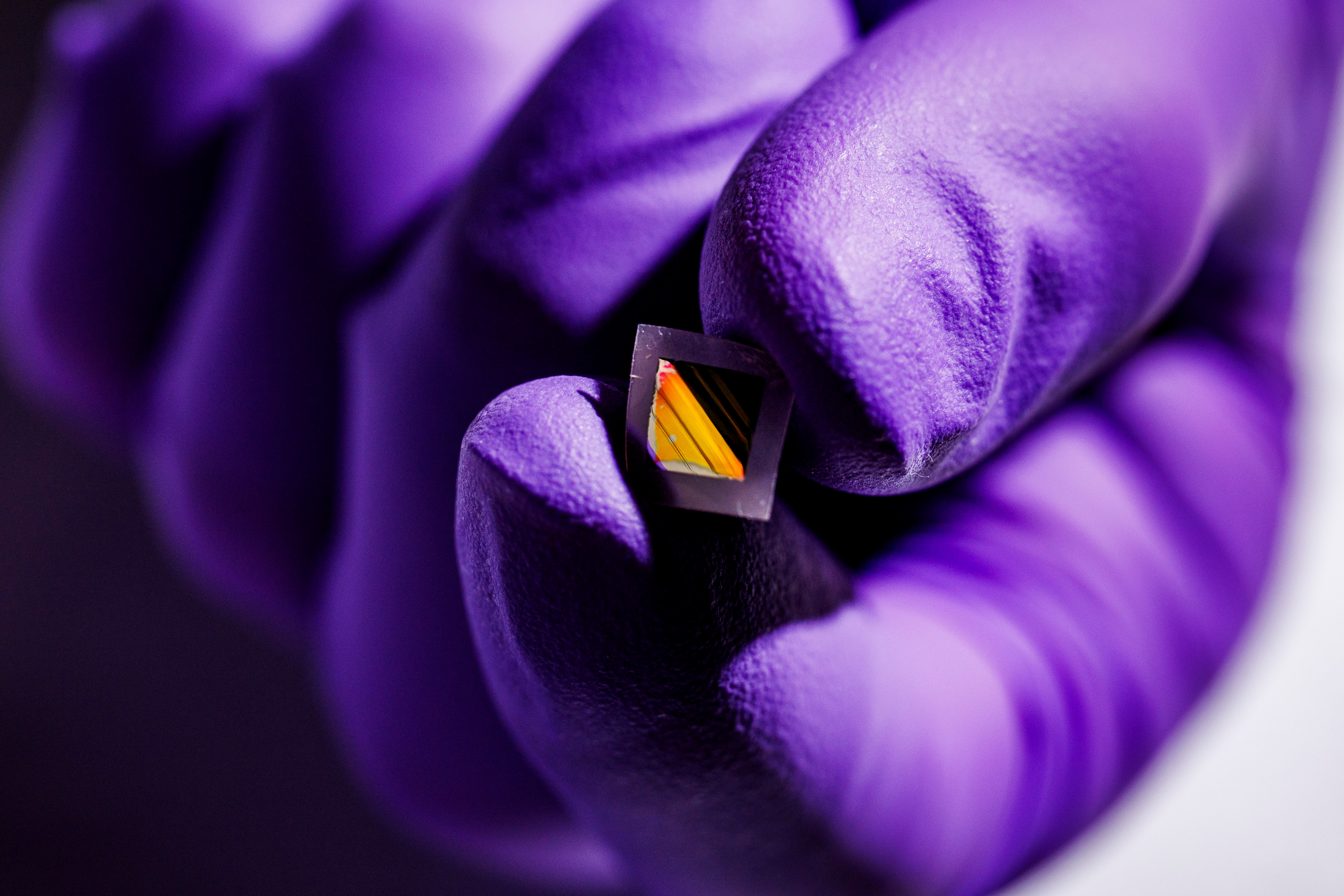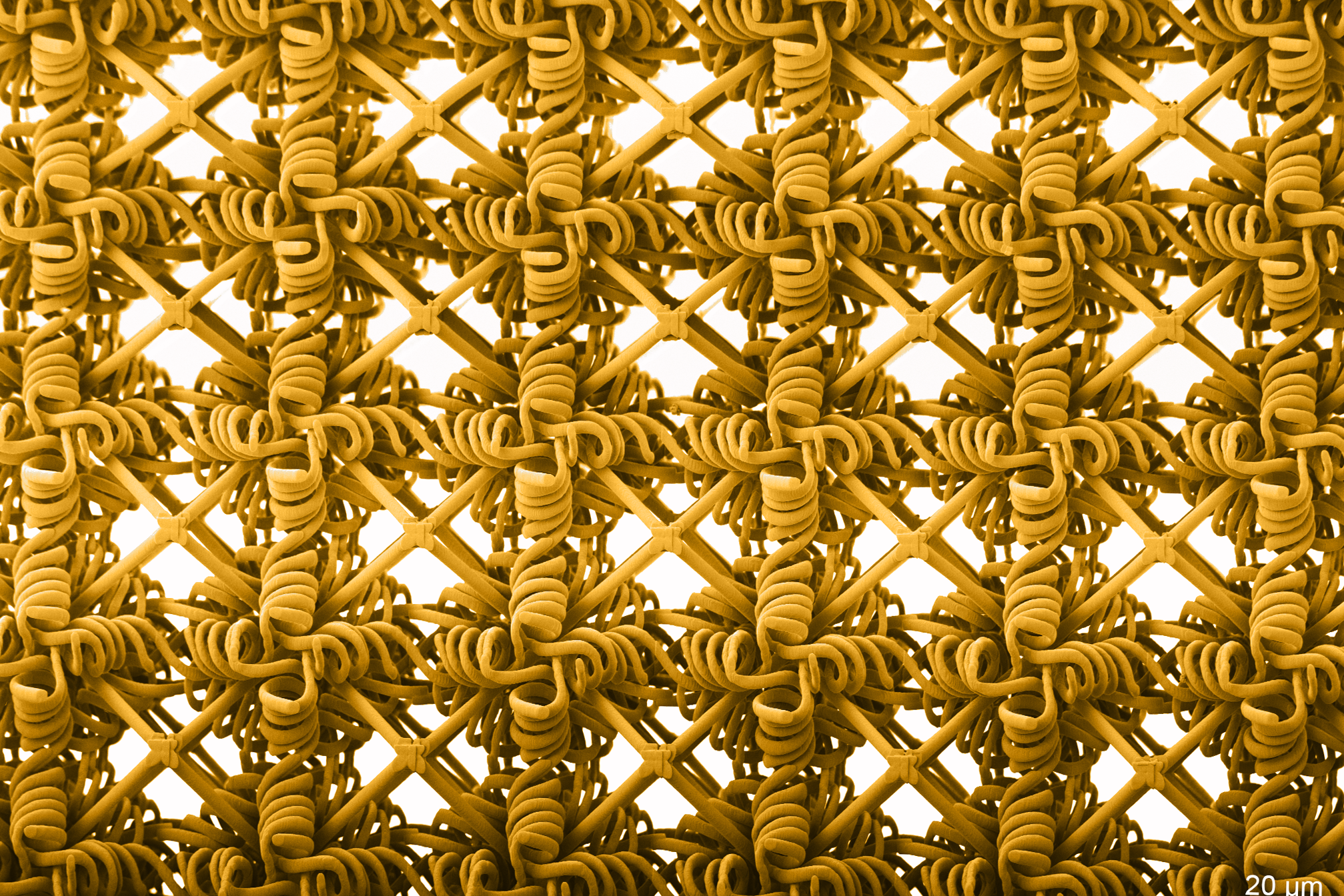A brief history of expansion microscopy
Since an MIT team introduced expansion microscopy in 2015, the technique has powered the science behind kidney disease, plant seeds, the microbiome, Alzheimer’s, viruses, and more.
Jennifer Michalowski | McGovern Institute for Brain Research •
mit
April 23, 2025 • ~13 min
April 23, 2025 • ~13 min
/
357

